David Baldacci
A free daily email with the biggest news stories of the day – and the best features from TheWeek.com
You are now subscribed
Your newsletter sign-up was successful
David Baldacci is the best-selling author of Absolute Power, Last Man Standing, and Split Second. His newest crime thriller, Hour Game, will be published later this month.
To Kill a Mockingbird by Harper Lee (Warner, $7). A book that has stayed with me since I first read it. Lee laid bare the sometimes unsightly bones of life in a small Southern town and also very realistically portrayed the racism that pervaded the South. A courageous story with characters that seem to me to be timeless and relevant, even in the “enlightened” 21st century.
A Prayer for Owen Meany by John Irving (Ballantine, $8). It was a close call between this novel and The Cider House Rules. However, the breadth of Owen Meany’s story line and the unique way in which the story is told makes this Irving’s best.
The Week
Escape your echo chamber. Get the facts behind the news, plus analysis from multiple perspectives.

Sign up for The Week's Free Newsletters
From our morning news briefing to a weekly Good News Newsletter, get the best of The Week delivered directly to your inbox.
From our morning news briefing to a weekly Good News Newsletter, get the best of The Week delivered directly to your inbox.
In Cold Blood by Truman Capote (Vintage, $13). How can you not include a book that created a new genre, the so-called nonfiction novel? I read this book while sitting in a shack pulling duty as a Pinkerton security guard during college. The book wrenched me through every conceivable emotion: from terror to empathy. A classic.
Sophie’s Choice by William Styron (Vintage, $15). The triumvirate of characters here is astonishingly bold and memorable. Styron handled every conceivable hurdle a writer could (including much public criticism) in producing this novel. The touches of humor are in just the right places. Stingo’s language is just enough over the top to be absolutely believable for a young writer let loose in the big city. Nathan is intoxicatingly attractive and frightening. And Sophie has to be one of the most complex fictional characters of all time.
Rabbit, Run by John Updike (Ballantine, $15). From this first Rabbit book to the last in the series, we watch as Rabbit Angstrom’s life soars, bends, breaks, and soars again before falling to earth one last time. Can also profitably be read as an exercise in self-examination, since we all are destined to commit many of Rabbit’s mistakes ourselves.
A Confederacy of Dunces
A free daily email with the biggest news stories of the day – and the best features from TheWeek.com
-
 The ‘ravenous’ demand for Cornish minerals
The ‘ravenous’ demand for Cornish mineralsUnder the Radar Growing need for critical minerals to power tech has intensified ‘appetite’ for lithium, which could be a ‘huge boon’ for local economy
-
 Why are election experts taking Trump’s midterm threats seriously?
Why are election experts taking Trump’s midterm threats seriously?IN THE SPOTLIGHT As the president muses about polling place deployments and a centralized electoral system aimed at one-party control, lawmakers are taking this administration at its word
-
 ‘Restaurateurs have become millionaires’
‘Restaurateurs have become millionaires’Instant Opinion Opinion, comment and editorials of the day
-
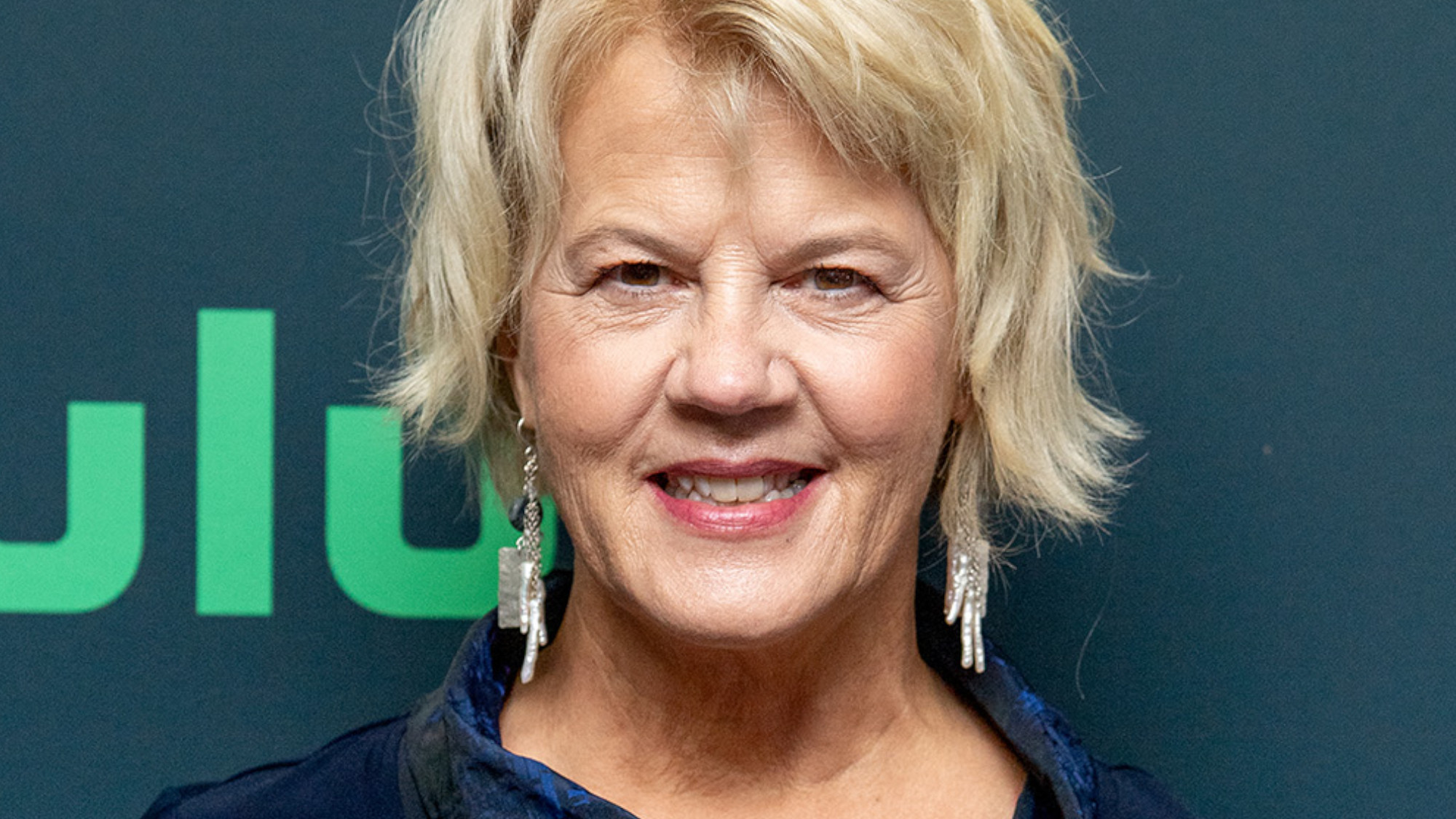 Beth Macy’s 6 favorite books about living in a divided nation
Beth Macy’s 6 favorite books about living in a divided nationFeature The journalist recommends works by Nicholas Buccola, Matthew Desmond, and more
-
 Gilbert King’s 6 favorite books about the search for justice
Gilbert King’s 6 favorite books about the search for justiceFeature The journalist recommends works by Bryan Stevenson, David Grann, and more
-
 Nathan Harris’ 6 favorite books that turn adventures into revelations
Nathan Harris’ 6 favorite books that turn adventures into revelationsFeature The author recommends works by Kazuo Ishiguro, Ian McGuire, and more
-
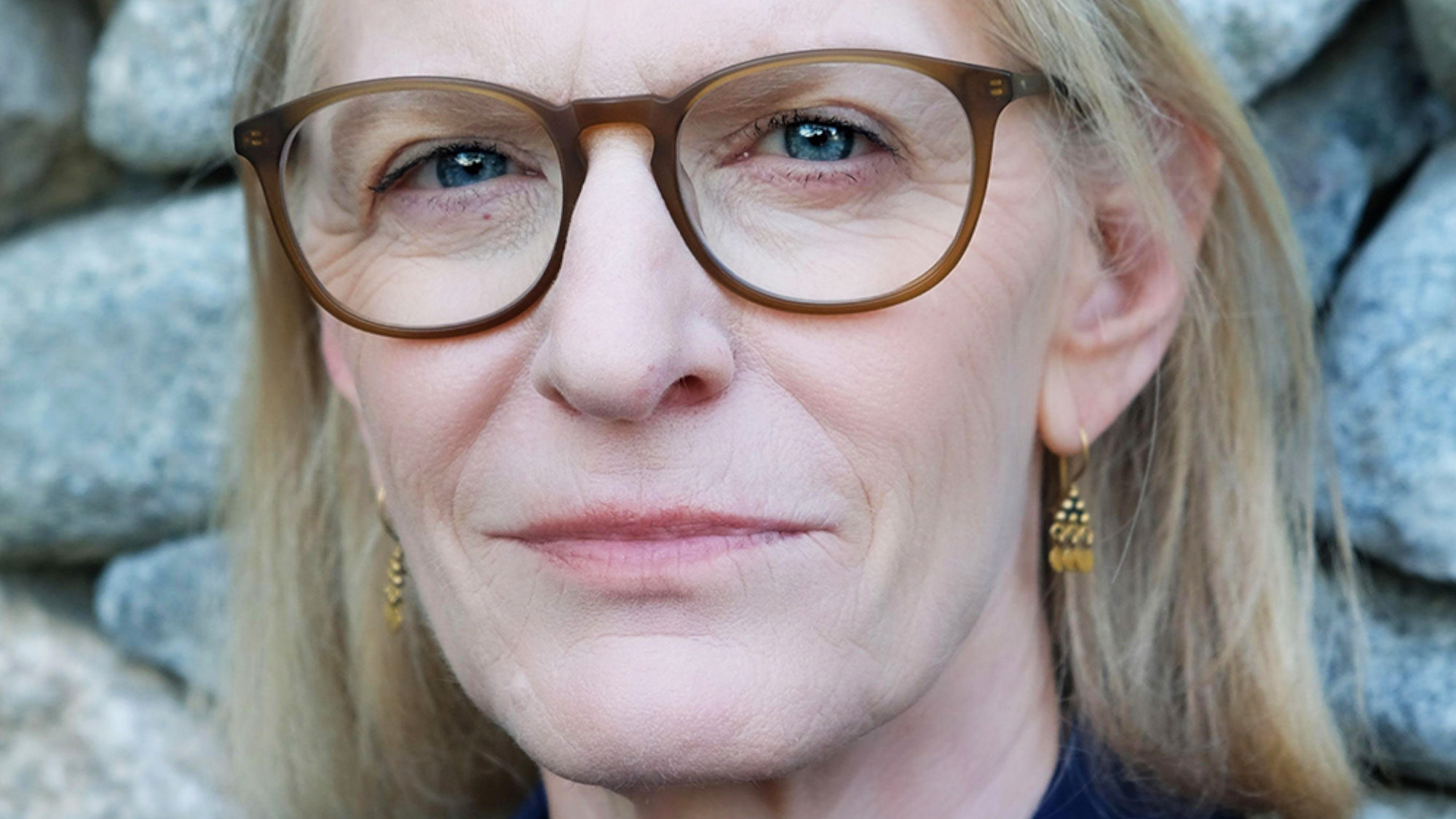 Marisa Silver’s 6 favorite books that capture a lifetime
Marisa Silver’s 6 favorite books that capture a lifetimeFeature The author recommends works by John Williams, Ian McEwan, and more
-
 Lou Berney’s 6 favorite books with powerful storytelling
Lou Berney’s 6 favorite books with powerful storytellingFeature The award-winning author recommends works by Dorothy B. Hughes, James McBride, and more
-
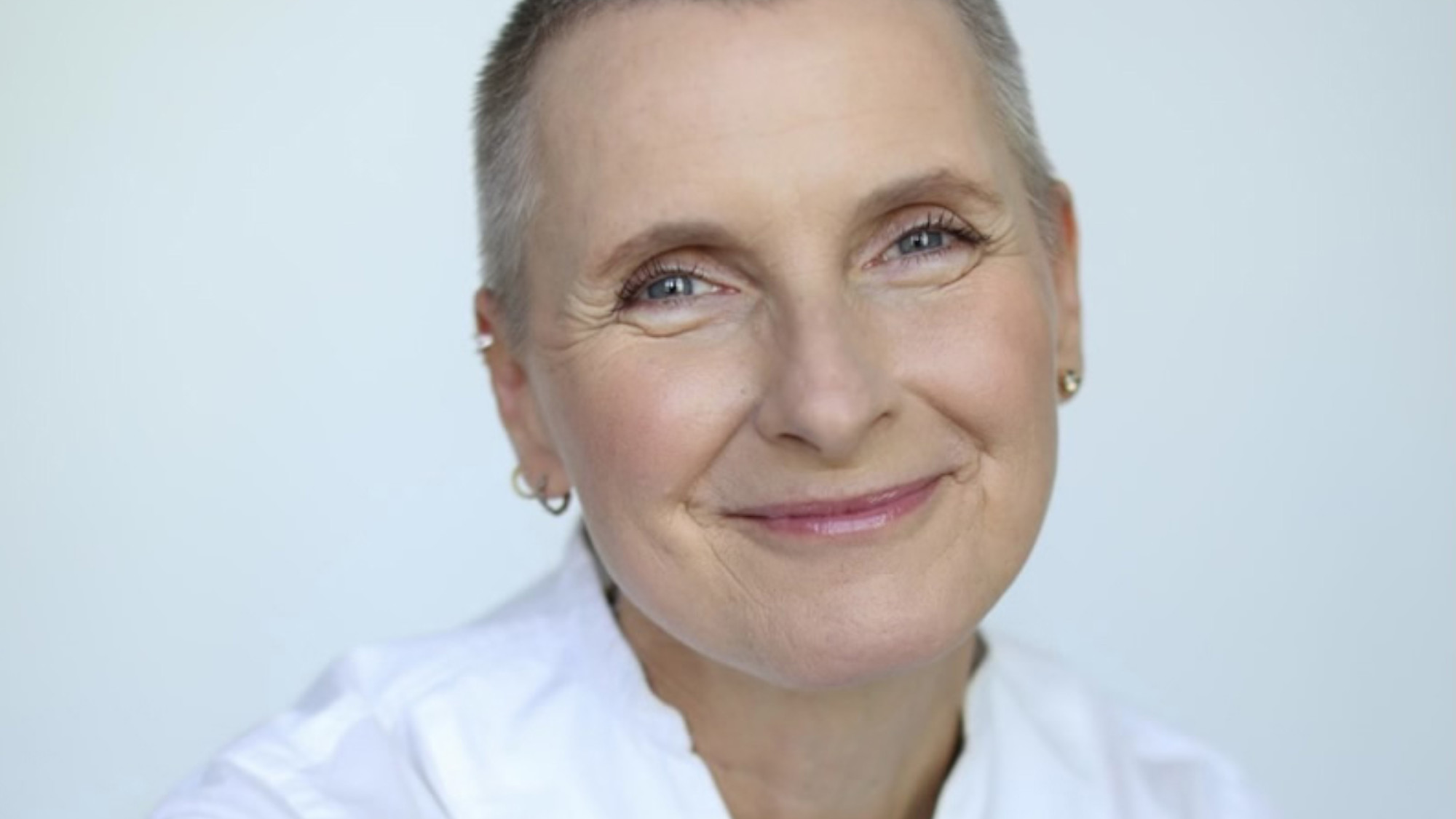 Elizabeth Gilbert’s favorite books about women overcoming difficulties
Elizabeth Gilbert’s favorite books about women overcoming difficultiesFeature The author recommends works by Tove Jansson, Lauren Groff, and more
-
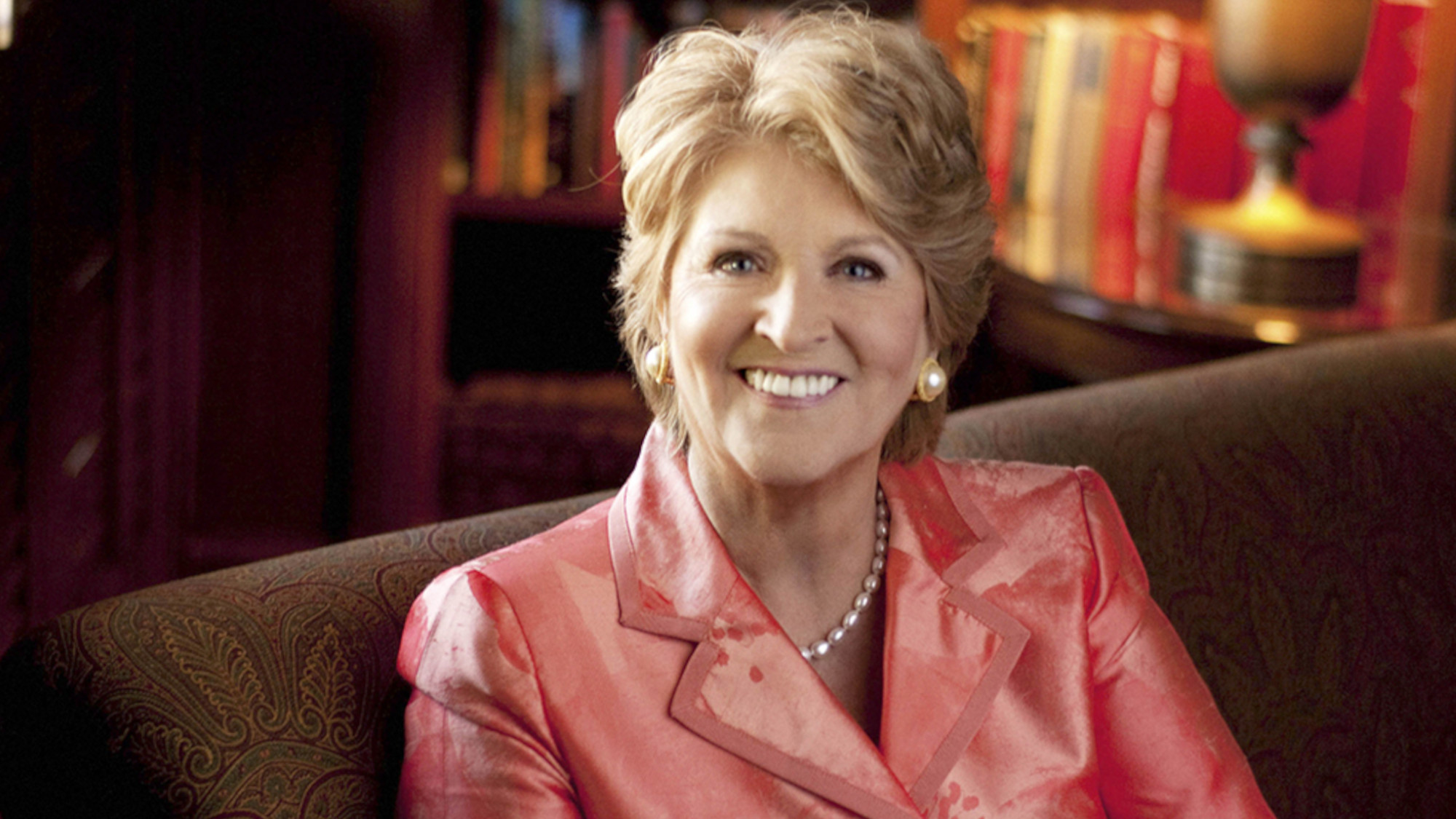 Fannie Flagg’s 6 favorite books that sparked her imagination
Fannie Flagg’s 6 favorite books that sparked her imaginationFeature The author recommends works by Johanna Spyri, John Steinbeck, and more
-
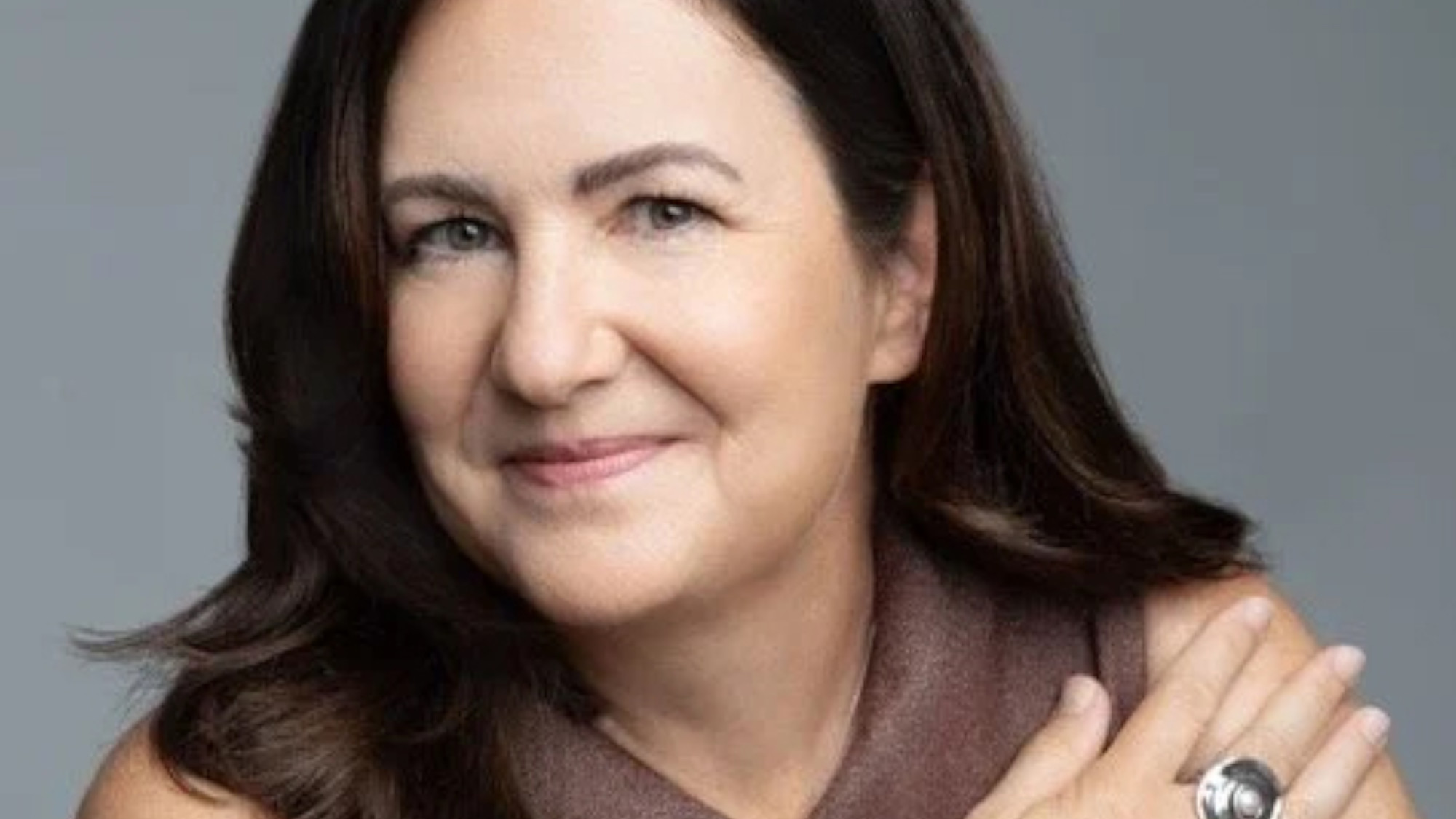 Jessica Francis Kane's 6 favorite books that prove less is more
Jessica Francis Kane's 6 favorite books that prove less is moreFeature The author recommends works by Penelope Fitzgerald, Marie-Helene Bertino, and more